Kotler – The Father of Modern Marketing – How did he become the father of modern marketing?
View(s):The birth of Modern Marketing -
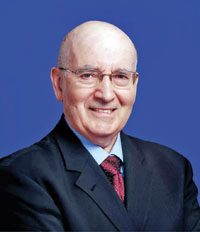 Professor Kotler has witnessed numerous transformations in the theory and practice of marketing since earning his Master’s Degree in Economics from the University of Chicago in 1953. In 1960, three years after earning his PhD in Economics from MIT, he became part of the marketing department at the Kellogg School of Management at Northwestern University, joining a group of esteemed faculty including Sidney Levy, Stewart Henderson Britt, Richard Clewett, Ralph Westfall, and others.
Professor Kotler has witnessed numerous transformations in the theory and practice of marketing since earning his Master’s Degree in Economics from the University of Chicago in 1953. In 1960, three years after earning his PhD in Economics from MIT, he became part of the marketing department at the Kellogg School of Management at Northwestern University, joining a group of esteemed faculty including Sidney Levy, Stewart Henderson Britt, Richard Clewett, Ralph Westfall, and others.
In his classes, he utilised content from various textbooks that thoroughly explained marketing institutions and practices, offering prescriptive advice. Nevertheless, the textbooks fell short in providing a robust theory of consumer behaviour, referenced an inadequate number of findings from academic journals, and poorly articulated the actual processes companies used to make their marketing decisions.
In 1963, he began writing his own textbook, “Marketing Management: Analysis, Planning and Control.” When Prentice-Hall introduced it in 1967, Professor Kolter believed it would either emerge as a significant success or become just another unsuccessful textbook. It proved to be more successful than he had anticipated. Marketing professors valued the content of the newly adopted textbook “Marketing Management” for its ability to elevate respect for the marketing discipline, focus on creating value for the customer, provide improved theories on customer decision-making, incorporate academic research on marketing, clarify the decision-making processes of professional marketers, and share compelling stories of successful marketing companies.
This marked the birth of modern marketing to the world.
What Was Marketing Like in the Past?
In the early 1900s, marketing appeared in some textbooks, written mainly by economists. These textbooks described wholesaling and retailing, sales force, pricing, advertising, and promotion.
In the 1960s, marketing was a fairly simple discipline. A company would:
Decide the product’s features and set the price,
Seek a strong position in the distribution channels,
Hire an agency to create advertisements and campaigns, and
Run a strong sales force to pursue sales.
It appears that what we see here is quite distant from the marketing practices we engage in today. It was primarily focused on selling. Students at business schools often choose among finance, marketing, operations, strategy, or information. Students with a strong mathematical background opted for finance or operations. Students who were less inclined towards mathematics opted for marketing. Marketing was straightforward and provided engaging human interest stories. As time passed, marketing became increasingly refined and analytical. Two significant books enhanced marketers’ comprehension of customer behaviour and served as a reminder to practicing marketers about the various factors influencing customer attitudes and behaviour.
The Broadening Concept Enters Marketing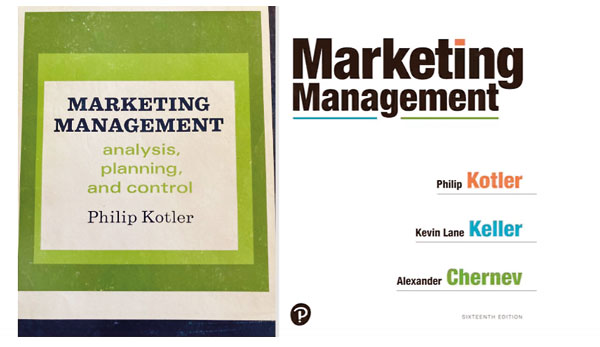
In January 1969, Professors Sidney Levy and Kotler introduced an expanded concept of marketing. It was stated that marketing activities are present in all aspects of life and should extend beyond just commercial marketing. Nonprofit organisations, including churches, colleges, museums, performing arts organisations, city governments, social agencies, and social action groups, engage in marketing planning. Political parties engage in marketing campaigns. Organisations focused on environmental issues, including Greenpeace, the Nature Conservancy, and the Sierra Club, strive to encourage citizens to adopt more eco-friendly practices. Religious organisations employ marketing strategies to draw new members to their congregations. These organisations must utilise marketing tools to achieve their goals. Subsequent publications emerged that extended marketing concepts to wider domains.
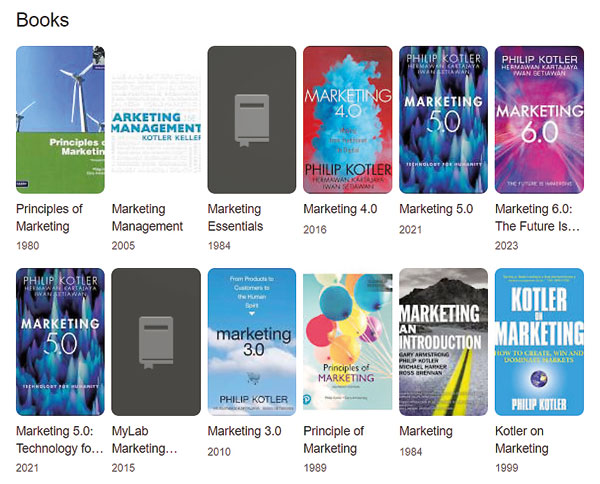
As the content and concept of marketing evolved, so too did its emergence as a philosophy or doctrine, transcending its role as just a function within an organisation. We owe a deep sense of gratitude to Professor Kolter for his invaluable contribution to Marketing by organising the previously scattered knowledge and bringing it together to create a more coherent discipline for the world. Subsequent publications emerged that extended marketing concepts to wider domains. We should recognise his humble gesture after achieving so much in academia, especially as he approaches his 90s.
Professor Kotler once stated; You can learn marketing in a week, but it takes a lifetime to master. After fifty years of teaching marketing, I am still trying to master it. Do not be fooled by my title “Father of Modern Marketing.” If I stop following the latest developments and ideas, my marketing knowledge will quickly lose value.
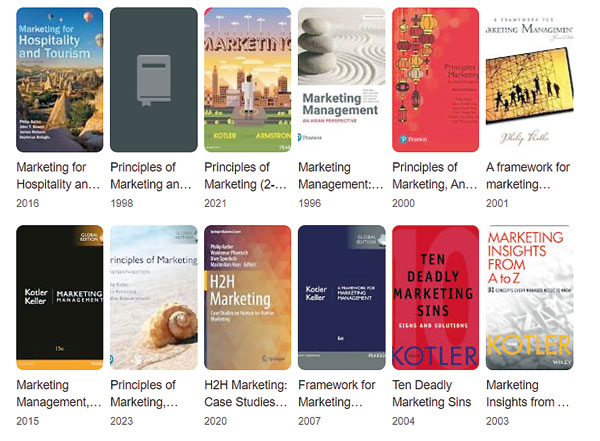
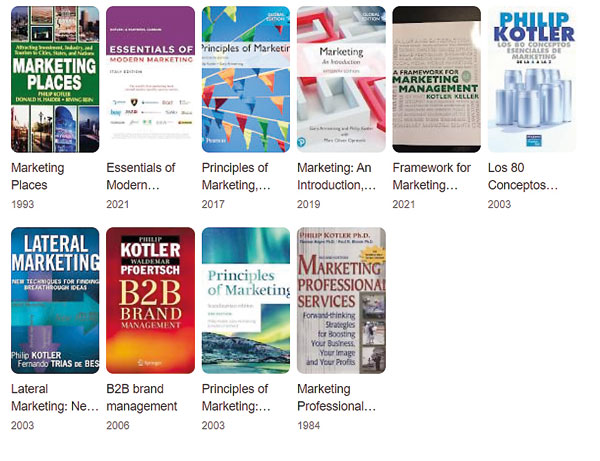
HitAd.lk is the best and biggest mobile phone market in Sri Lanka, and we guarantee you will find what you need here from our extensive listing of mobile phones for sale in Sri Lanka. Whether it’s a budget-priced smartphone for communication, or higher end features with advanced connectivity, there are many different options from which to choose from on our site!


